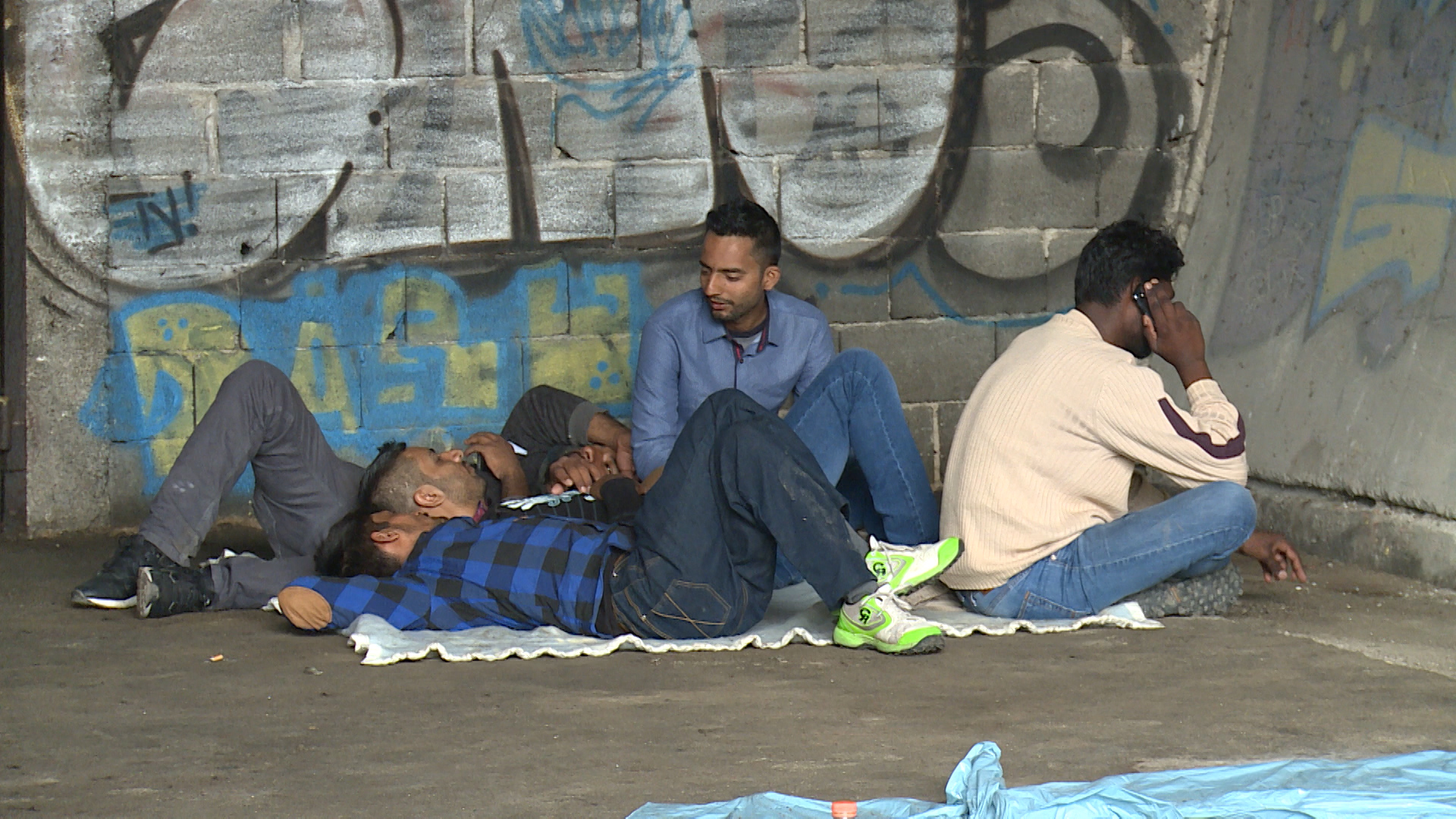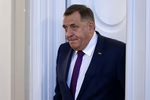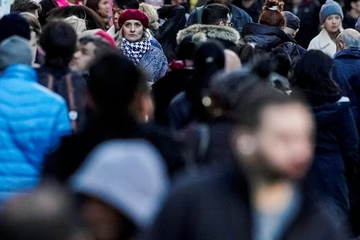State authorities approve migrants' relocation from Una-Sana Canton urban zones

Dragan Mektic, Bosnia's Security Minister confirmed on Monday that the state government approved the relocation of migrants in the northwestern parts of the country and moving them outside the urban zones of that region.
Oglas
The new location where authorities will set up facilities to accommodate migrants is seven kilometres outside Bihac, the largest town in the region, which borders Croatia, the minister said following the session of the Council of Minister, which acts as Bosnia's state government.
According to the Service for Foreigners' Affairs, over 9,000 migrants entered the country since the beginning of the year. As a part of a regular procedure, 8,466 of them expressed the intention to seek asylum but only 196 did so.
The migrants from various Asian and African countries use Bosnia as a route to their final destinations in the European Union but as Croatia keeps its borders closed for illegal migrants, they are stranded in Bosnia, mostly in its northwestern region, the Una-Sana Canton, which borders Croatia.
Oglas
Triggered by recent incidents in temporary migrant centres in that part of the country, the cantonal authorities asked the state institutions to relocate the migrants from urban zones for security reasons.
The request was green-lighted by the Council of Ministers.
The Una-Sana Canton Government earlier passed conclusions on the ongoing migrant crisis and, among other decisions, it tasked the police to act together with competent international organisations and determine new rules of movement to apply them on migrants.
The government asked the Red Cross, the UNHCR and the International Organisation for Migration (IOM) to provide assistance in equipping the facilities that would accommodate migrants in Vucjak settlement, outside the town of Bihac.
Oglas
Among other decisions, the government also asked the state railway operator, Zeljeznice FBiH, to stop transporting illegal migrants to the Una-Sana Canton.
The cantonal ministers asked the state-level institutions to start managing the migrant crisis and applying stricter measures to impose illegal migrations, human trade and trafficking.
Kakvo je tvoje mišljenje o ovome?
Učestvuj u diskusiji ili pročitaj komentare
Oglas
Kakvo je tvoje mišljenje o ovome?
Učestvuj u diskusiji ili pročitaj komentare
Oglas





 Srbija
Srbija
 Hrvatska
Hrvatska
 Slovenija
Slovenija



























































